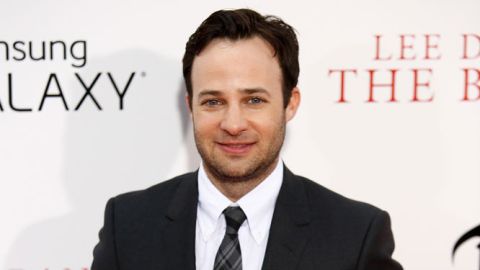Why I Shut Up and Listen to Criticism

If you want to be a writer who has complete control over your own material then you should write books or you should write plays. Because that doesn’t exist in the world of screenwriting. Film is ultimately considered a director’s medium. The director has the vision of the piece.
Who knows what the director’s going to do with you. He might replace you. Sometimes multiple writers come on to a project. That’s a reality you have to accept if that’s what you want to do for a living, and no one is saying you have to be a screenwriter for a living.
In television, the writers are much more in charge but until you’re a show runner – the overall creative force behind a show – you don’t have any of control, either. The show runner can rewrite your show. Other writers on staff can rewrite it if the show runner wants them to rewrite it. You’re constantly dealing with studio notes all the time.
I have found that being antagonistic to your producers or to your studio notes is not beneficial from a business standpoint or from a creative standpoint. These are people that are finding problems in a script. As opposed to being defensive about criticism, you need to take it in and think “Okay, maybe there’s a problem here. Maybe I can come up with something better than what I had before.”
The journey of writing a script is a constant journey of notes, feedback, and then rewrites. It’s a rewriting process and I like to think that when I rewrite a script it gets better every time because I’m taking input.
I’m not always following other peoples’ solutions. A lot of times they don’t have solutions. But I’m still able to pinpoint problems based on what people are saying. I’m happy to take a good idea from anywhere it comes. It’s that process that makes a project better and better and better the more you work on it.
I think people that are antagonistic to that process do not succeed as screenwriters because their own insecurities about themselves get in the way of what can make their story better.
In Their Own Words is recorded in Big Think’s studio.
Image courtesy of Shutterstock





